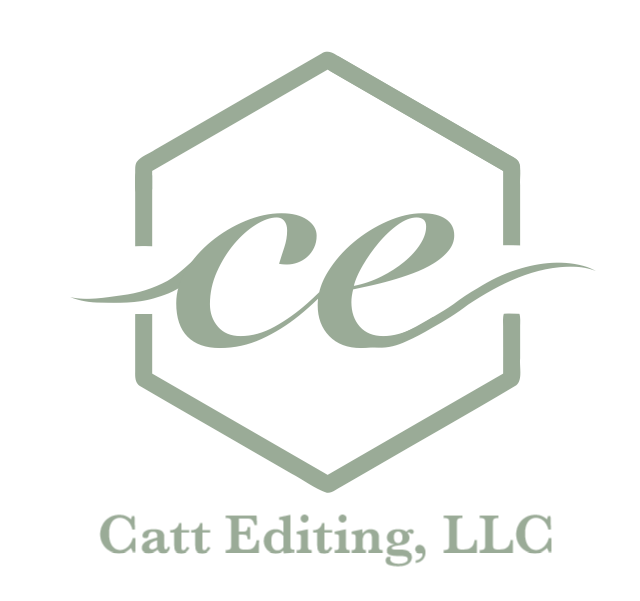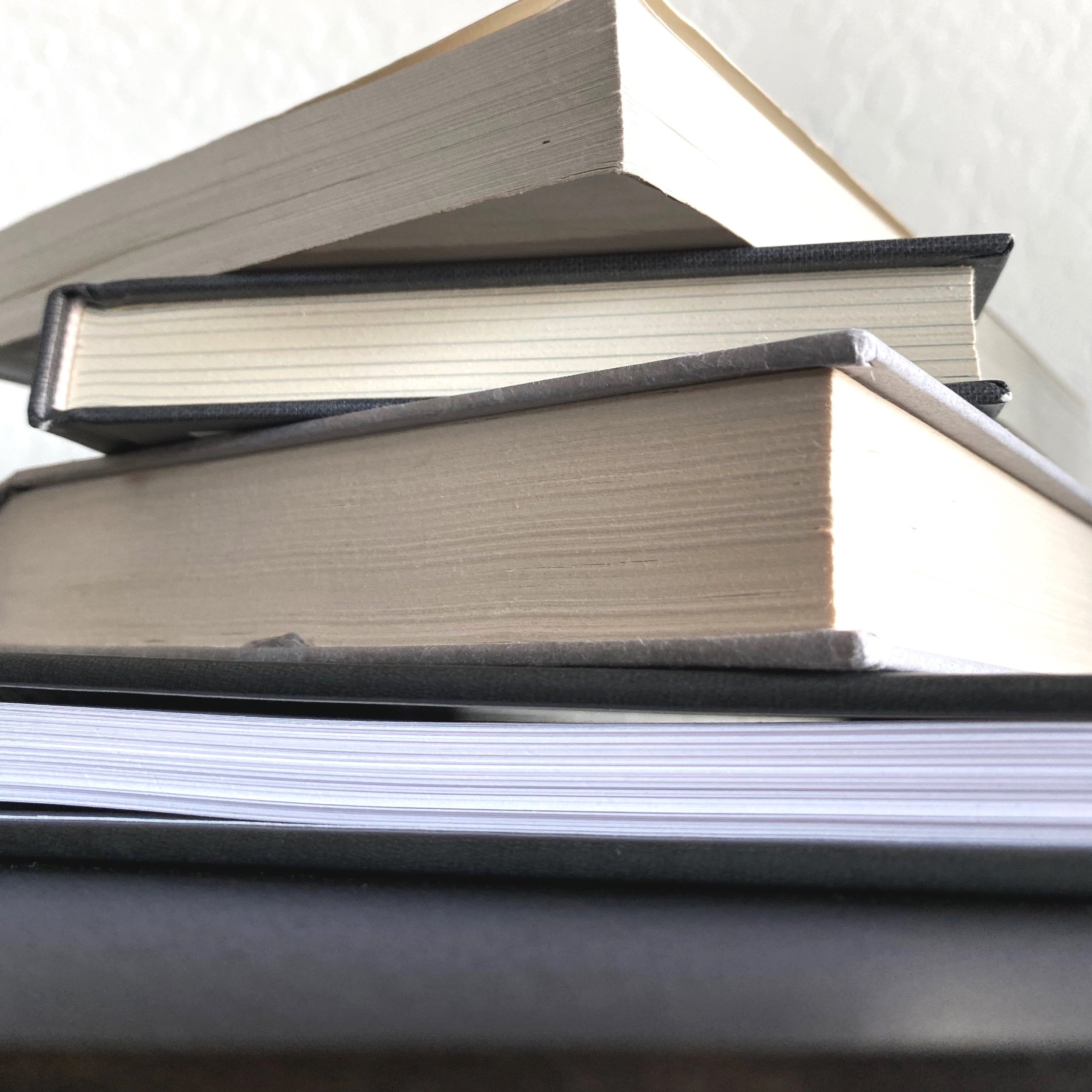
Looking for something specific?
Use the search bar below.
4 Ways an Editor Can Help You
You may think a quick spell-check (or a thorough one) and reading the document a hundred million times is a good replacement for hiring editors. You might even send it to friends and read editing blogs and do all kinds of other things to help you do a better job editing your own book . . . but it’s not the same. Hiring a professional editor is invaluable, and here’s why:
3 Dead Rules
Language changes and develops with the people speaking it. We do not speak the same in 2022 as we did in 1622. Not even the same as we did fifty years ago! Conventions and meanings change. This means we may have been taught rules that are no longer important. And somehow, some of us have been taught things that were never rules in the first place.
I want to go through some of these grammar “rules” that aren’t rules at all so we can stop worrying about them.
What Are the Different Types of Editors?
There are several types of book editors that do different jobs and come at different stages. You’ll want to hire them in the correct order, otherwise someone’s word (and your money) will be for naught. Let’s go through the four main types of editors and what they do!
All About Proofreading
Proofreading is for last-minute touch-ups before publishing.
Some things a proofreader might look for are errors in punctuation, grammar, spelling, and simple formatting. They’ll make sure all the cross-references that say, “See page X for more information about this,” actually line up and have the correct page number. They’ll make sure a chapter number isn’t skipped or duplicated, that words aren’t cut off by graphics, that the pages look nice and clean. All the little details that you don’t really want to take the time to check are important, that’s what a proofreader will do for you—in addition to checking for typos, punctuation errors, and inconsistent grammar.
Does a Specific Audience Matter (in Nonfiction Books)?
Are you writing to experts in the field or someone who is just starting to learn about this topic? Are you writing to upper-class people, lower-class people, or people of all SES backgrounds? Are you writing to people in your geographical area only or anywhere in the world?
You don’t need to write to everyone.
Style Sheets
A style sheet is basically a smaller style guide customized to each project. Style guides tell us the rules of English. The purpose of style guides is to ensure consistency throughout writing so we know what a piece of text is talking about. What if there wasn’t a single source telling us how to use a semicolon? I think; we’d use them; whenever we wanted. And it would be; confusing for everyone involved. So style guides are important.
How to Outline a Self-Help Book
Have you wanted to write a book forever but thinking about staring at a blank page is paralyzing? Where do you even start?
Imagine if you could sit down every day (or however often) to write, and you knew exactly what to write about. What if you always knew exactly what came next and could pick up right where you left off each time?




















